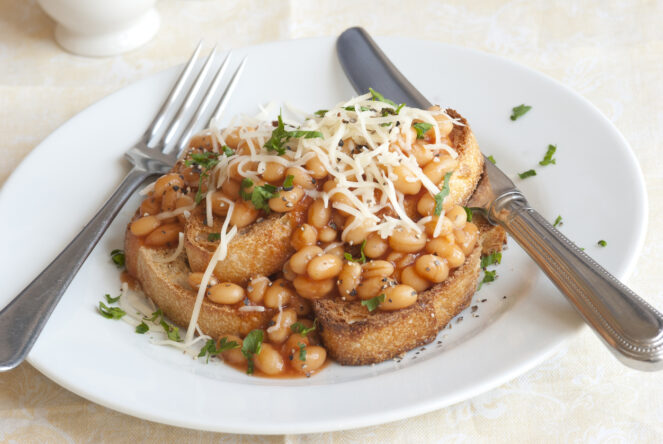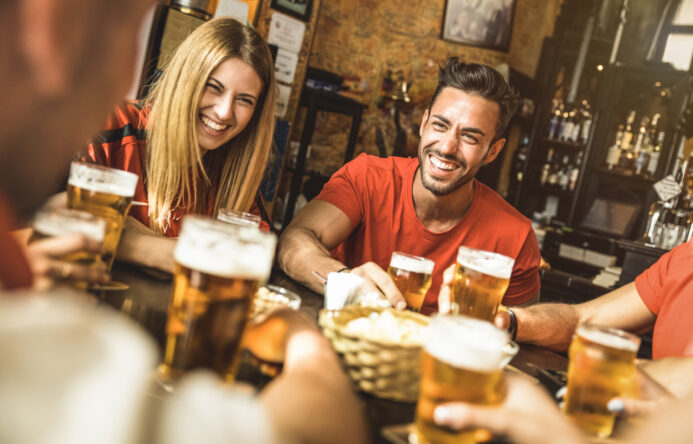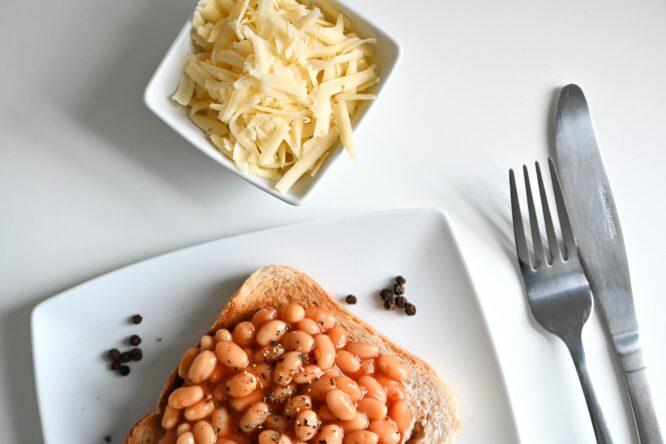Brits and Americans might share a language, but when it comes to drinking culture, we’re in two very different lanes.

To Americans, our drinking habits can seem quirky, overly committed, or just downright confusing. However, a lot of these customs actually have a certain charm—and more logic than they (or even you!) might expect. So before they start rolling their eyes at warm beer or our jam-packed pub quiz nights, Americans should try some of these British drinking habits at least once. They might realise how much more superior they truly are.
1. Having a “proper” pub local
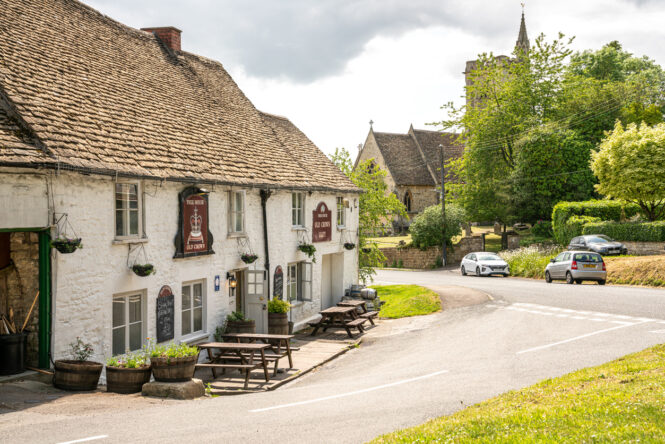
Over here, we love our “local” pub—usually one that’s just down the road. It’s not just about the drinks; it’s the sense of community, familiar faces, and knowing that your pint will be poured just right every time. Your local becomes an extension of your living room, but with better crisps and no washing up.
Americans often think of bars as somewhere you stop in for a drink and move on, but perhaps they’re missing out. It’s worth finding a spot where the bartender knows your name (and maybe your drink order). It brings a feeling of belonging and connection, which makes going out feel less like a chore and more like a warm, comfortable ritual.
2. Drinking slower and with smaller pours

British pints are big, but we tend to sip them slowly, stretching them out over the course of a long chat. There’s less of the “slamming shots” vibe and more of a focus on slowly sipping and enjoying the evening. It’s not a race; it’s a chance to settle in and have a proper conversation.
Maybe Americans should try embracing the British way of nursing a drink and letting the night build, rather than peaking after a few quick rounds. It’s surprisingly relaxing, and your hangover might be a lot kinder the next morning, too.
3. Buying rounds for the whole group

In the UK, buying a round is as much a tradition as it is a social activity. One person buys for the whole group, and then the next time it’s their turn. It can feel a bit risky at first, but it keeps the night moving and avoids those awkward “split the bill” moments at the bar.
Americans might not be used to the round-buying ritual, but once they experience it, they’ll see how it keeps the flow of the evening going, with everyone getting a turn. It also eliminates that awkward moment when you’re trying to figure out who owes what after a few too many drinks.
4. The classic pub crawl
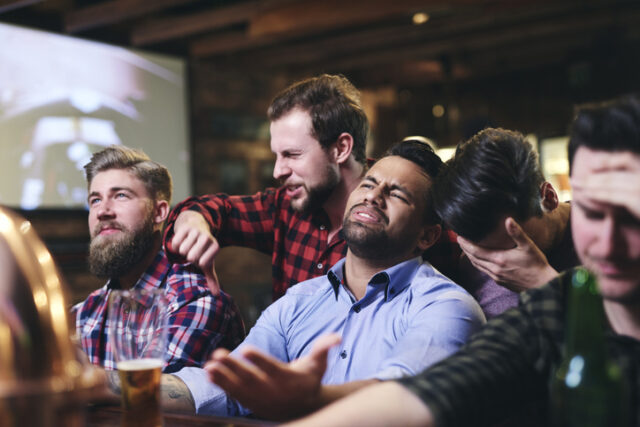
We know that this is exactly what it sounds like—hitting a series of pubs in one night, usually all within walking distance. The aim isn’t to get absolutely hammered (though that might happen); it’s more about the journey, the variety, and the social atmosphere of it all.
For those unfamiliar with this British custom, a pub crawl is more about experiencing the unique vibe of each pub, enjoying a new drink at every stop, and bonding with your mates along the way. It’s like bar-hopping, but with a much more relaxed attitude.
5. Warm(ish) beer isn’t always a bad thing
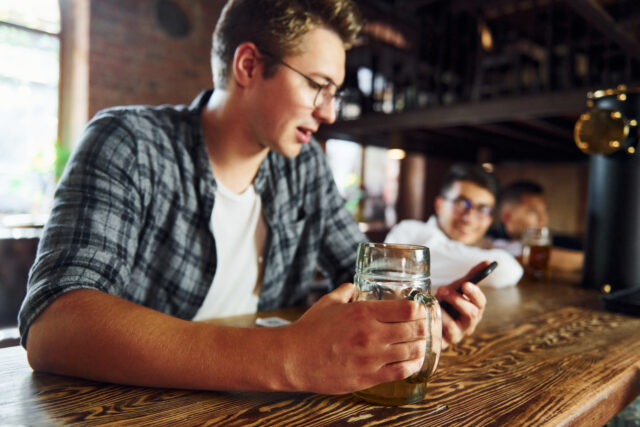
Yes, it’s true—some British ales are served closer to room temperature than ice-cold. But it’s not because we don’t have fridges—it’s tradition. And there’s actually a reason behind it: certain beers are designed to be enjoyed at a slightly warmer temperature, allowing their full flavour to come through.
If Americans could put aside their preconceptions about warm beer and give it a go, they might be surprised at how much more complex and satisfying a pint can be when it’s not frozen solid. It’s a whole different drinking experience, but one worth exploring.
6. Embracing pub quizzes
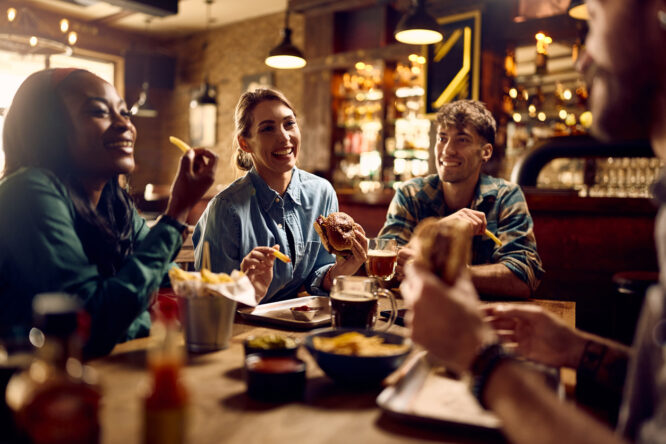
In the States, trivia nights might be a thing, but British pub quizzes are on a whole other level. They’re serious, competitive, and packed with all sorts of obscure facts and cheeky humour. Pub quizzes aren’t just about getting drunk—they’re about testing your knowledge and flexing your brain muscles while enjoying a pint.
It’s also a fantastic way to meet new people, bond with your mates, and even feel clever when you get an answer right after a couple of pints. Win or lose, it’s always good fun—and there’s usually a bottle of wine up for grabs, too.
7. The mysterious “lock-in”
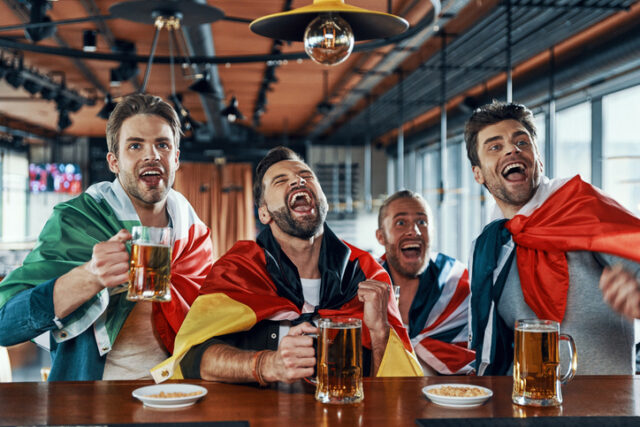
Officially, all pubs close at a set time. Unofficially, if you’re a regular and you’re on good terms with the landlord, you might be invited to a “lock-in.” That’s when the doors close for the public, but the drinks keep flowing for a select few behind the scenes.
It’s not about getting overly rowdy or doing anything out of the ordinary; it’s about staying behind for a more relaxed, intimate chat with your mates after hours. It’s like an underground after-party, but with less of the chaos and more of the comfort.
8. Day drinking in beer gardens
 Source: Pexels
Source: Pexels When the sun makes a rare appearance in Britain, beer gardens fill up fast. It’s all about enjoying a pint in the daylight, ideally with sunglasses on and a dog by your side. The vibe is relaxed and social, and you’ll find yourself chatting with strangers as if you’ve known them for years.
Americans might be used to bottomless brunches and boozy daytime cocktails, but the British approach is slower and more laid-back. It’s about enjoying the moment, telling stories, and letting one pint stretch into an afternoon of conversation.
9. Being okay with having just one

Not every trip to the pub needs to end in a heavy session. Sometimes, it’s just about popping in for a single pint after work, meeting up with a mate for a quick drink, or even having a solitary pint to unwind. The expectation isn’t always to party—it’s just to pause and enjoy.
This mindset is part of what makes our drinking culture feel less pressured. We don’t need to have a wild night out to justify a visit to the pub, and once you embrace this more relaxed attitude, you’ll realise how refreshing it is to just have one.
10. The sacred Sunday pint
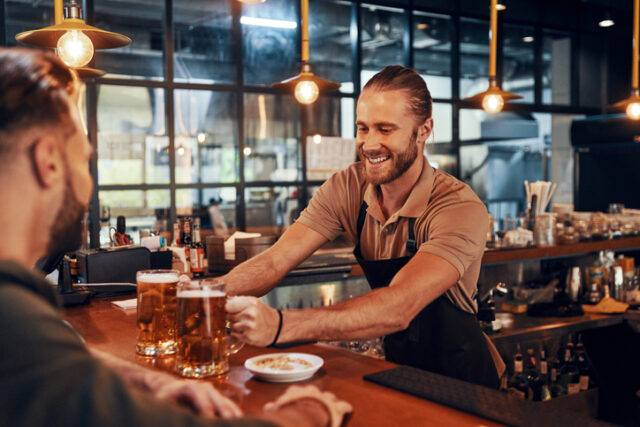
The Sunday pub visit has a certain spiritual quality to it. It’s not about getting tipsy or rowdy; it’s about having a slow roast, a bit of football in the background, and a well-earned pint to wind down the week.
It’s a moment of calm, reflection, and good company. It’s not rushed, it’s not formal; it’s just a simple, comforting ritual that makes the end of the weekend feel a little softer. It’s one tradition we could all borrow, whether you’re in Britain or beyond.


